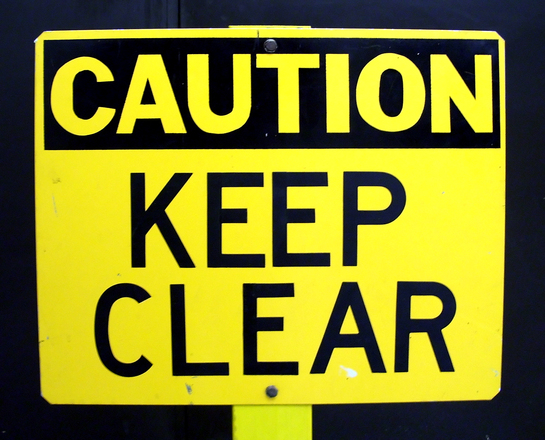Because protectionism alone does not breed creativity and innovation

Summary: Signs that the patent system is on the one hand improving, thanks to the Supreme Court of the United States (SCOTUS), but on the other hand it continues to deny choices in the market by altogether blocking products
THE Justices of SCOTUS may soon be ending patent trolls' business model, irrespective of patent scope restrictions (like Alice at SCOTUS), which USPTO barely cares to respect anyway (it's left for courts to do the job that USPTO examiners fail to do). As one new article puts it: "In a move that may shake-up U.S. patent law, the Supreme Court this week decided to hear a case about where patent owners can file lawsuits—a case that will likely put an end to a special Texas cottage industry that has been a thorn in the side of big business."
Not just "big business". In fact, that mischaracterises the entire problem because big businesses can usually afford going to court where they challenge the trolls. Small businesses cannot afford to do this and they suffer the most, usually quietly (under gag orders/instructions upon settlement).
Who does the current patent law work for best if not big businesses? Merck recently got awarded
2.5 billion dollars in supposed 'damages' in one single case. Who lost this patent case? Poor people who will die as a result of lowered/no access to drugs. As
a medical news site put it the other day: "A federal jury awarded $2.54 billion in royalties to Merck, which owns the patents that Gilead allegedly infringed upon to create its two blockbuster hep C drugs, Sovaldi and Harvoni."
So Merck not only gets a lot of money but also maintains a monopoly that will enable Merck to further jack up prices. Who benefits from this?
Another item of news deals with the
ITC's decision to block Arista products -- a subject on which we wrote in the past [
1,
2]. MIP
says the following about the latest twist:
The ITC’s ruling, administered by Judge Mary Joan McNamara, found that Arista had imported into the US two components for routers and networking systems that infringe upon Cisco’s patents, in violation of Section 337 of the Tariff Act. Arista plans to request a full review by the Commission, according to its press release.
As we pointed out before, when denying sales of Arista products those who suffer the most are ordinary people, not just Arista employees (the smaller company). Getting the patent system in tune with or in alignment with public interests is crucial. Otherwise people will simply cease to respect patent law -- in the same way (and for similar reasons) a lot of people already regard copyright law to be tilted in favour of conglomerates and non-producers.
⬆

